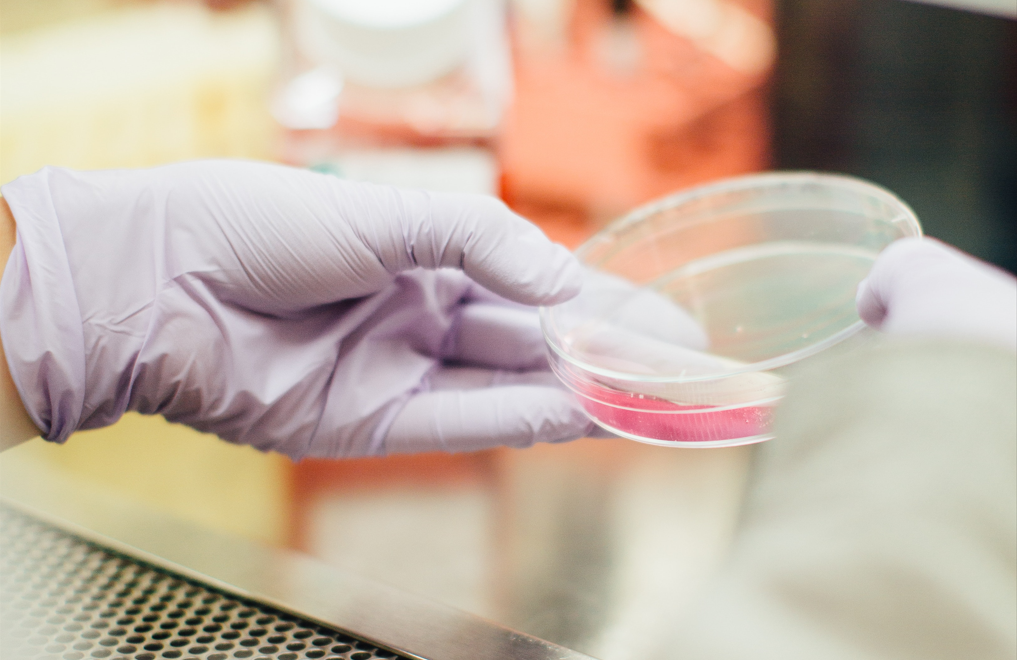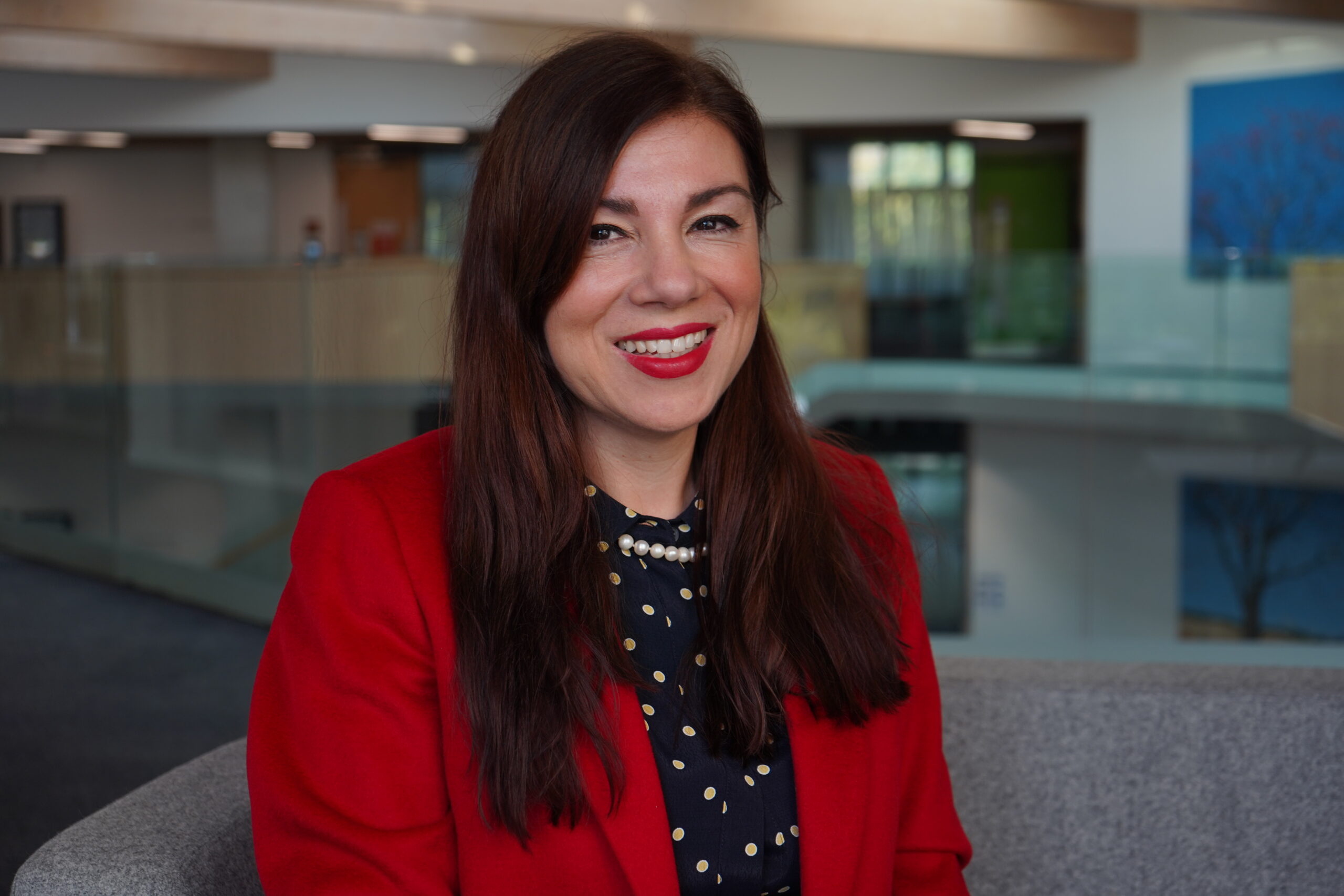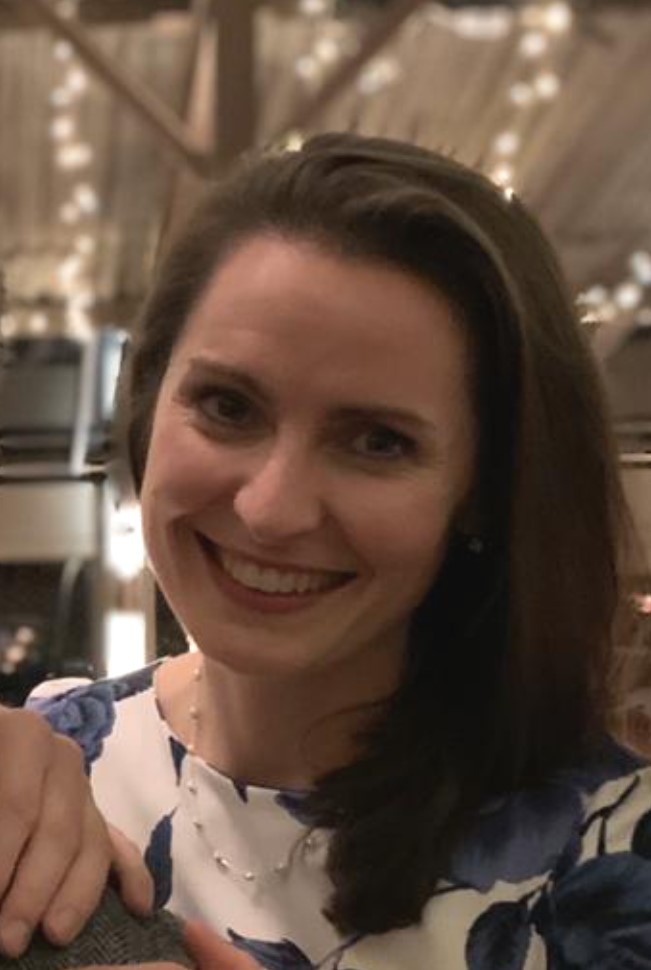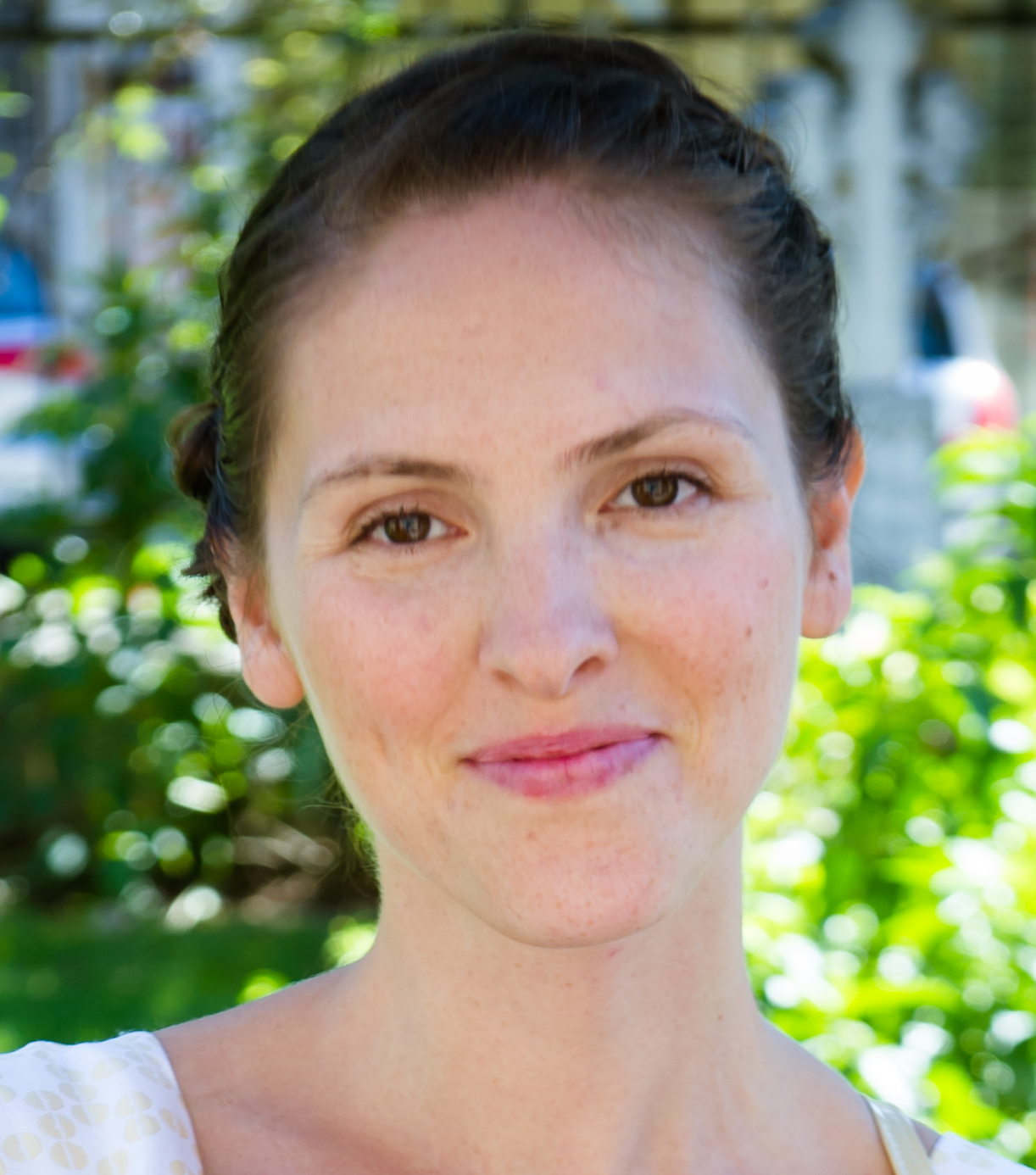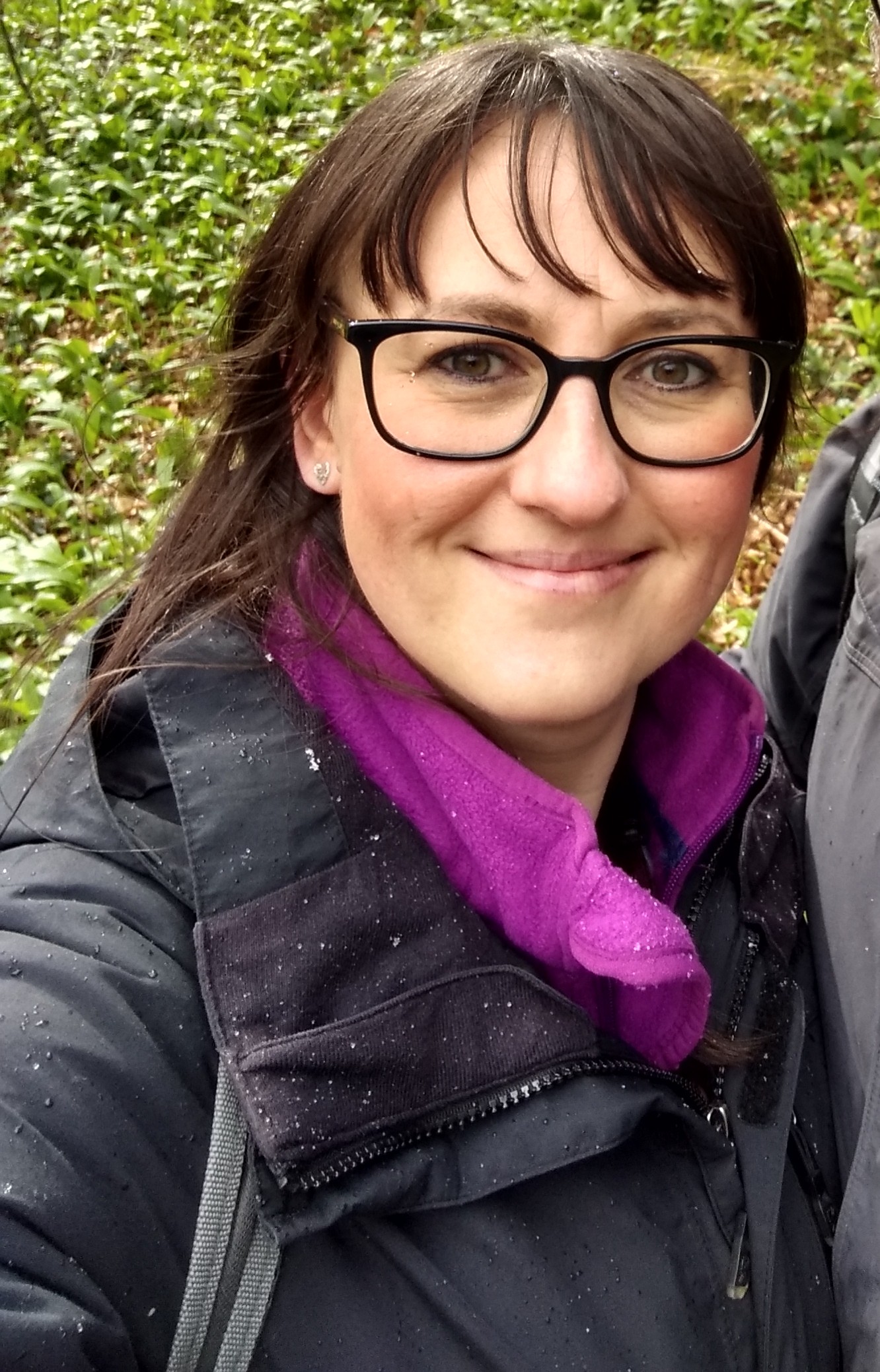Fellow’s stories
Since 1992, we’ve helped over 500 people return to their careers in research through our Fellowships.
Our Fellows have gone on to be leaders in their fields: from academia and education to industry and manufacturing, from policy development to entrepreneurship, public sector and healthcare provision.
Find out more in their success stories.
